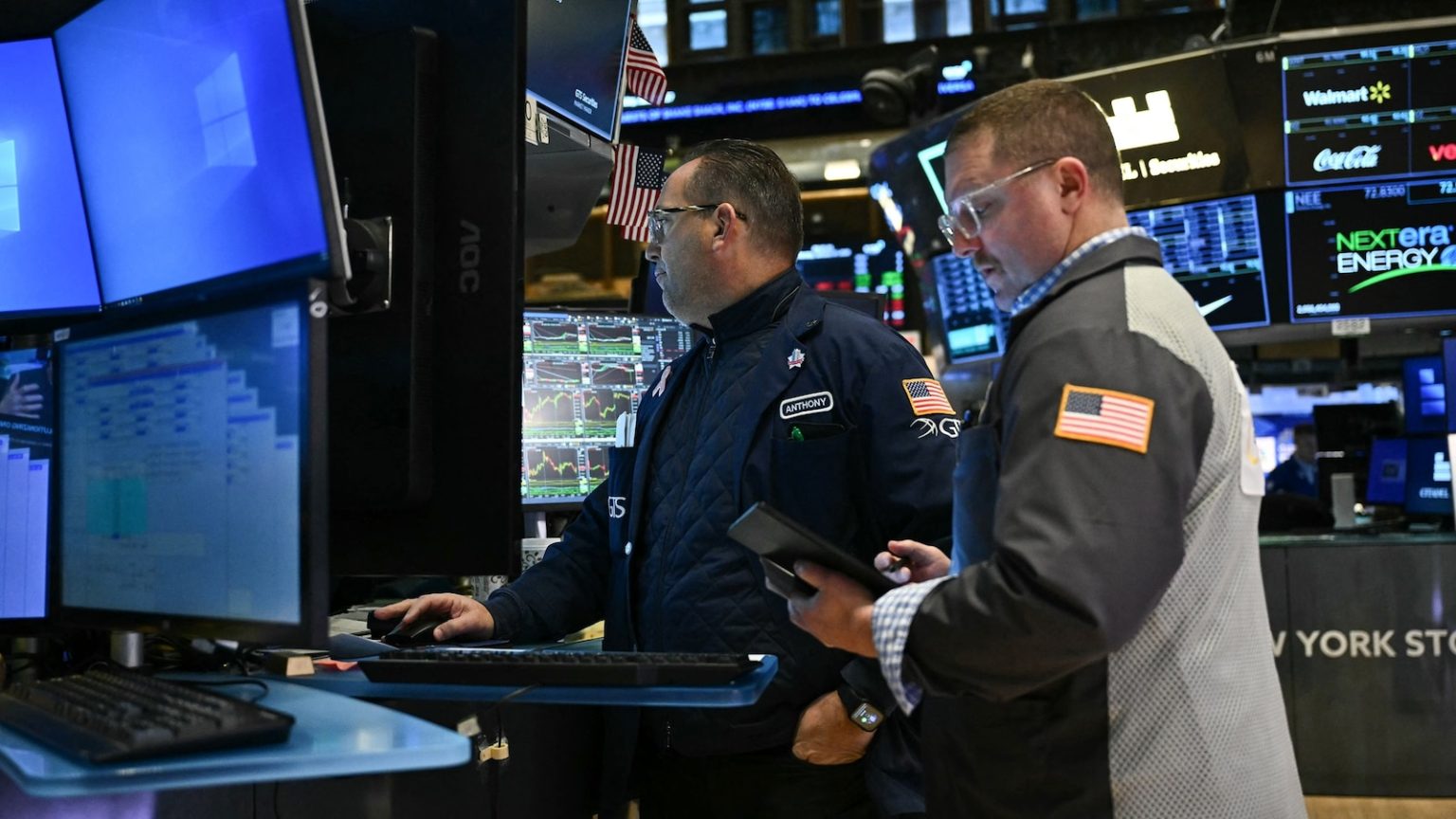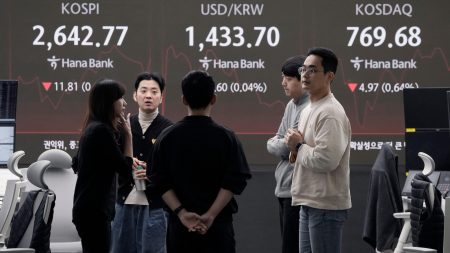The Rise of DeepSeek and Its Impact on U.S. Tech Giants
The emergence of DeepSeek, a China-based AI application, has sent shockwaves through the U.S. tech industry, causing shares of major players like Nvidia and Microsoft to plummet. DeepSeek, a chatbot that rivals its U.S.-based counterparts, has quickly risen to the top of the Apple app-store charts, signaling a potential shift in the global AI landscape. Early tests suggest that DeepSeek’s quality is on par with U.S.-based AI products, further intensifying competition in the rapidly evolving AI space. This sudden surge of a Chinese AI contender has raised eyebrows, particularly given the export controls imposed by the Biden administration that restrict U.S. manufacturers from selling specialized chips to Chinese firms. Despite these hurdles, DeepSeek has managed to carve out a niche for itself, leveraging a system called DeepSeek-V3 that reportedly requires far fewer specialized computer chips than its U.S. competitors. This development has left analysts and investors questioning the massive investments made by U.S. tech giants in AI research and development.
Market Reaction and the Broader Tech Sector
The impact of DeepSeek’s emergence was swift and significant. On Monday, shares of Nvidia, a chipmaker that has been instrumental in driving market-wide gains in recent years, tumbled by more than 12% in early trading. Microsoft, a major stakeholder in OpenAI, the company behind ChatGPT, saw its shares drop by about 4.5%. The tech-heavy Nasdaq index, which has been a barometer for the performance of major tech companies, fell by more than 3% in early trading. The Dow Jones Industrial Average and the S&P 500 also experienced declines, though less pronounced. This sudden dip interrupts a years-long surge for many tech giants, which has been fueled by optimism about the future of AI. The Nasdaq, for instance, had climbed over 30% in 2024, building on its impressive 43% growth from the previous year. Many analysts had expected this upward trajectory to continue, but the emergence of DeepSeek has introduced a new variable into the equation.
DeepSeek’s Competitive Edge and Technological Advancements
DeepSeek’s success can be attributed to its innovative approach to AI technology. The developers of DeepSeek-V3, the system powering the chatbot, have published a research paper highlighting that their technology relies on significantly fewer specialized computer chips compared to its U.S. counterparts. This cost-effective and resource-efficient approach could potentially disrupt the AI industry, which has traditionally been dominated by U.S. companies. The ability of DeepSeek to achieve high-quality results with fewer resources raises questions about the efficiency of investments made by U.S. tech giants. Furthermore, DeepSeek’s rise challenges the notion that U.S. companies have a stranglehold on cutting-edge AI technology. The fact that DeepSeek has managed to emerge despite U.S. export controls on specialized chips underscores the determination and ingenuity of Chinese tech firms.
Analyst Reactions and the Global AI Race
The reaction from market analysts has been mixed, but there is a consensus that DeepSeek’s emergence signals the beginning of a global AI space race. Ivan Feinseth, a market analyst at Tigress Financial, described DeepSeek as "the first shot at what is emerging as a global AI space race." He noted that the potential power and low-cost development of DeepSeek could call into question the hundreds of billions of dollars committed by U.S. companies in AI research and development. Feinseth’s comments highlight the broader implications of DeepSeek’s rise, which go beyond just market fluctuations. The emergence of a competitive Chinese AI player could resetting the dynamics of the global tech industry, pushing U.S. companies to rethink their strategies and investments.
The Broader Implications for the Tech Industry
The dip in shares of U.S. tech giants like Nvidia, Microsoft, Alphabet, and Amazon reflects a broader unease about the future of AI. Alphabet, the company behind the AI chatbot Gemini, saw its shares drop by about 3%, while Amazon, which offers its own AI-fueled shopping assistant, also experienced a 3% decline. These companies have been at the forefront of AI innovation, but the emergence of DeepSeek raises questions about their dominance. The sudden drop in shares also highlights the volatility of the tech market, where high expectations can quickly turn into skepticism. Callie Cox, chief market strategist at Ritholtz Wealth Management, noted that "when expectations are high, one skeptical headline can knock the market off its axis. That’s exactly what we’re seeing today." This sentiment captures the mood of investors who are beginning to question whether the massive investments in AI will yield the expected returns.
The Future of AI and the Shifting Global Landscape
The emergence of DeepSeek is a stark reminder that the AI race is no longer a one-horse show. While U.S. companies have led the charge in AI innovation, the entry of Chinese players like DeepSeek signals a new era of global competition. The fact that DeepSeek has managed to achieve high-quality results with fewer resources raises important questions about the efficiency and sustainability of the current approach to AI development. As the global AI race intensifies, U.S. companies will need to innovate faster and smarter to maintain their edge. The market reaction to DeepSeek’s emergence is a wake-up call for investors and companies alike, highlighting the need for a more nuanced understanding of the global AI landscape. The coming years will likely see increased competition, innovation, and collaboration, shaping the future of AI in ways that are yet to be fully understood.















